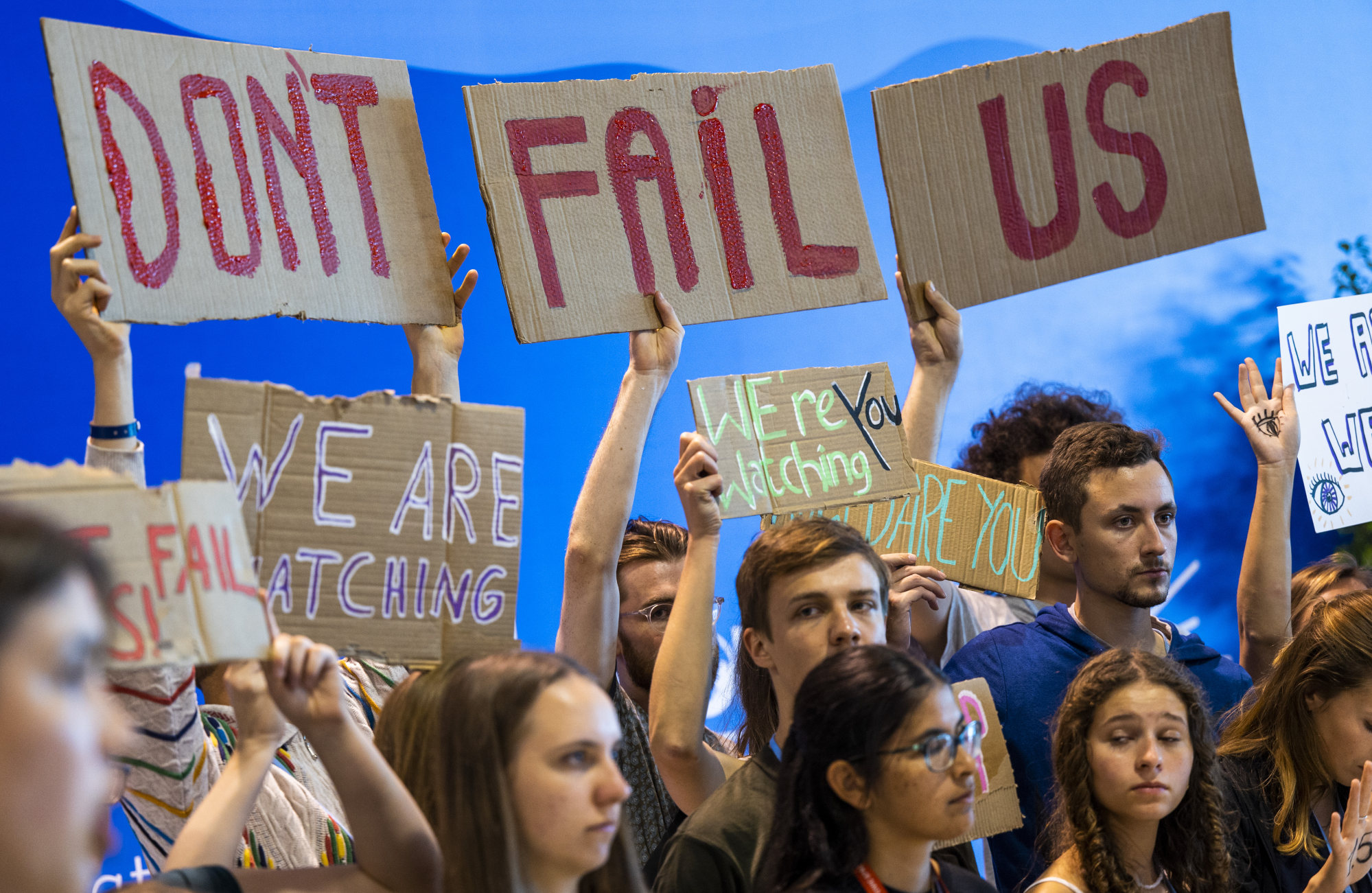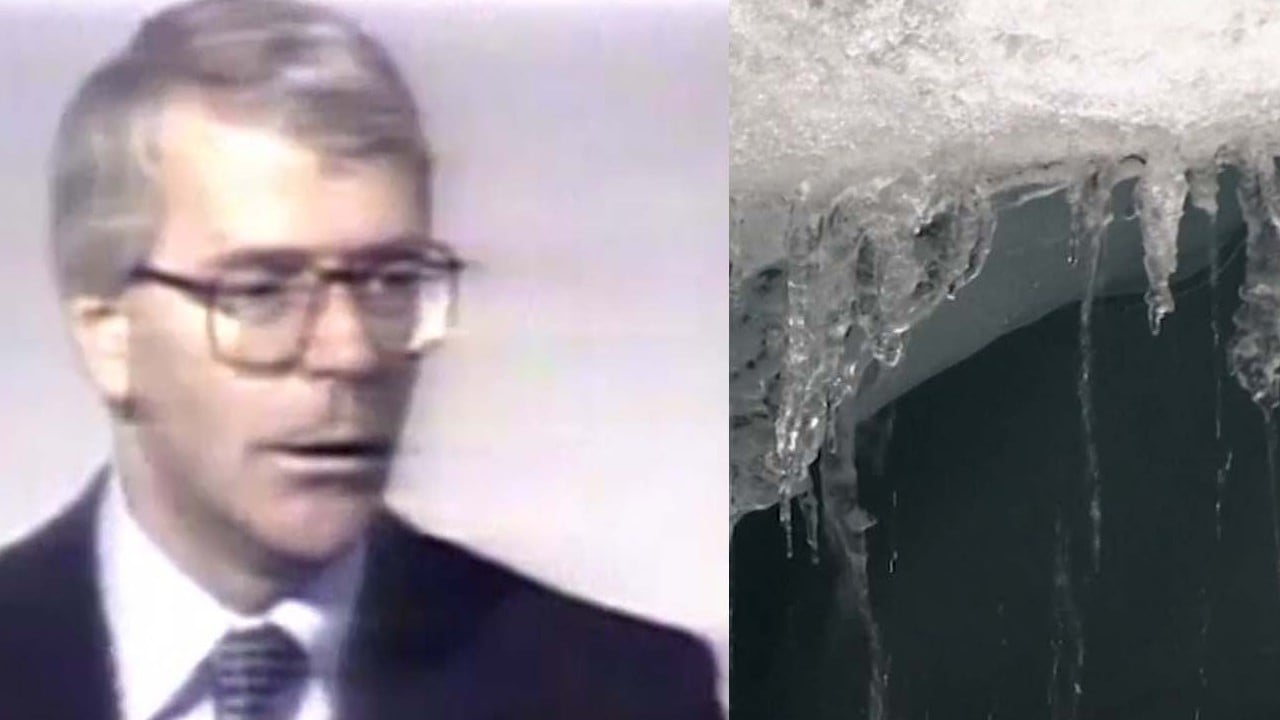
After 27 years of failed climate conferences, the COP process clearly needs to change
- The COP27 talks in Egypt ended with yet more dodged commitments, and there is now a sense that these mega meetings are not fit for purpose
- Perhaps real agreements on climate action, driven by formal scientific guidance, should be made away from the media glare, to avoid grandstanding
COP27 in Sharm el-Sheikh was supposed to be the conference of implementation. Instead, it will be remembered for two weeks of procrastination. Most of the 45,000 participants watched on, frustrated and angry as global leaders postured and wilfully sidestepped hard commitments that might put meaningful brakes on global warming.

Such views came not just from environmental lobbyists, but from top officials with huge stakes in the COP process. Take the dismay of Alok Sharma, Britain’s chair of COP26: “Emissions peaking before 2025, as the science tells us is necessary? Not in the text. Clear follow-through on the phase-down of coal? Not in the text. A clear commitment to phase out all fossil fuels? Not in the text.”
Or Germany’s foreign minister Annalena Baerbock, complaining that the conference had been “stonewalled by a number of large emitters and oil producers”.
In 48 of Africa’s 55 countries (including Western Sahara), new fossil fuel projects have been launched in the past year, while in Egypt alone – the host of COP27 – 55 companies are currently prospecting for new natural gas.
Professor Bill McGuire, from University College London, captured the general mood: “It beggars belief that in 27 COPs, there has never been a formal agreement to reduce the world’s fossil fuel use … It is becoming increasingly difficult to view these events as anything other than photo opportunities for presidents and prime ministers”.
Clearly a COP that cannot, over 27 years, deliver on its most basic imperative – to get carbon emissions down and begin to reverse the process of global warming – can neither be fit for purpose, nor tolerated indefinitely as we edge closer to an irreversible climate catastrophe. But how can we do better?
Professor Benito Muller, at Oxford University, would replace today’s “mega-COPs” with a smaller annual meeting in Bonn, home of the COP Secretariat. Rotating cities could host “climate action weeks” focused on the most critical and specific aspects of the crisis.
McGuire would create several smaller bodies – for example focused on energy, agriculture, transport or “loss and damage” – which would be staffed full time and meet throughout the year. Analysis would be driven by “formal scientific guidance” and focused on specific detailed agreements that would be legally binding. Importantly, this work should be “hidden from the media glare” that so encourages grandstanding.
A new negotiating architecture could certainly be helpful, even if it provided no silver bullet. Indeed, organisations like the World Trade Organization have made similar adjustments, creating “joint statement initiatives” in which small “alliances of the willing” have focused successfully on intractable issues like fisheries subsidies and e-commerce trade rules.
As McGuire pleads, “after the abject failure of COP27, it is worth a try, surely”. As the Dubai government takes up the baton preparing for COP28 next November, this must be food for thought. It would be a mistake to hold your breath.
David Dodwell is CEO of the trade policy and international relations consultancy Strategic Access, focused on developments and challenges facing the Asia-Pacific over the past four decades


